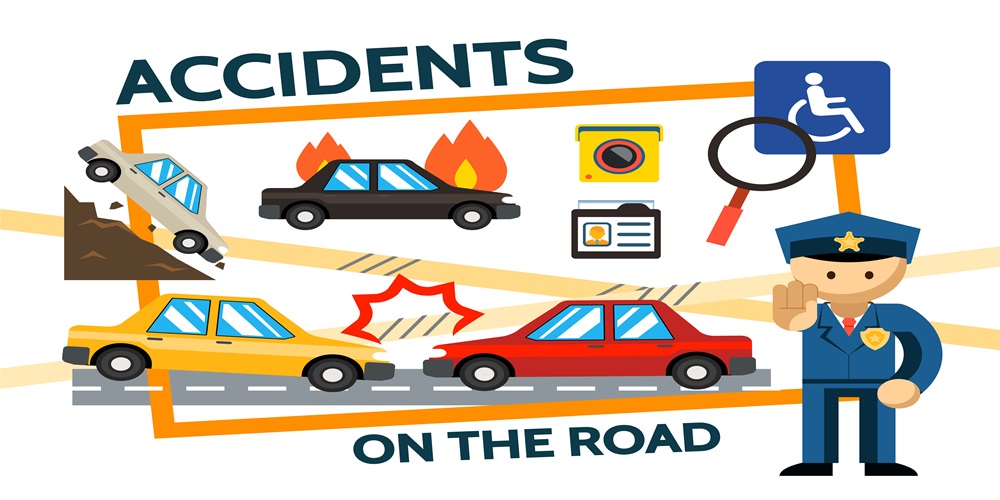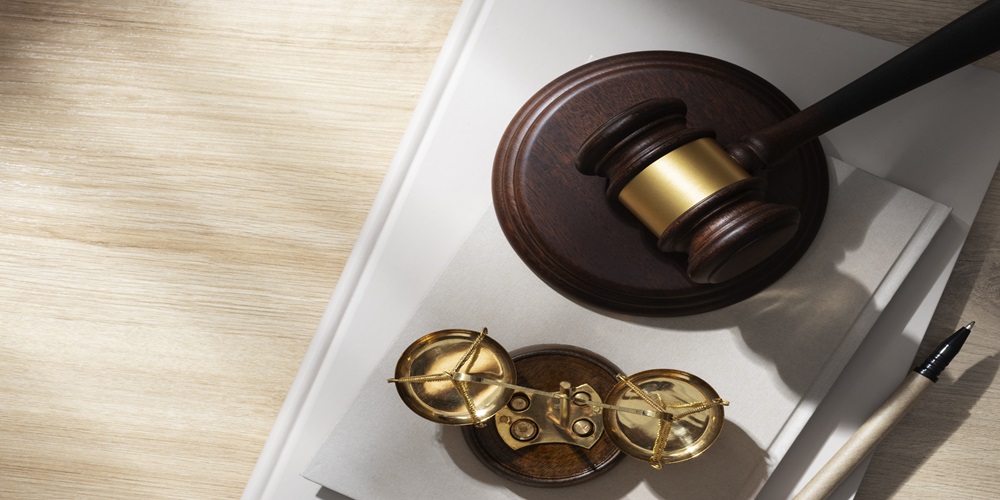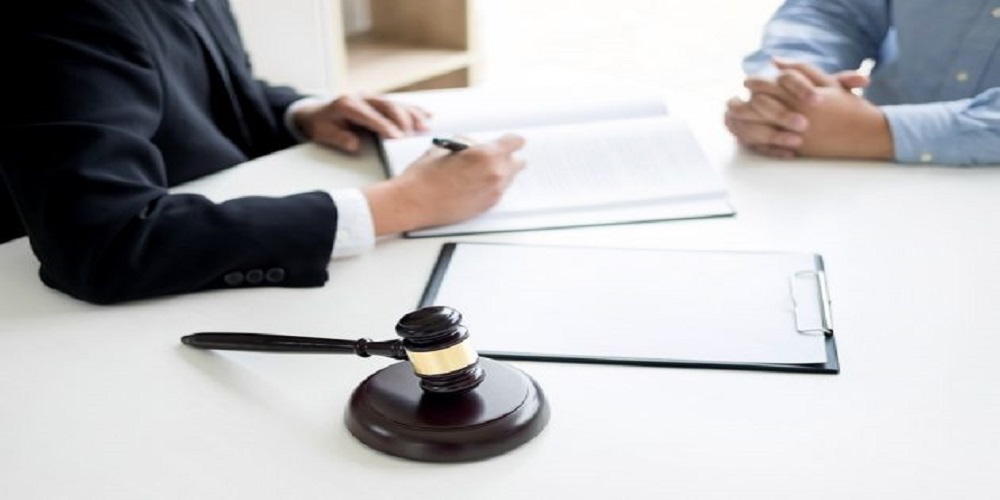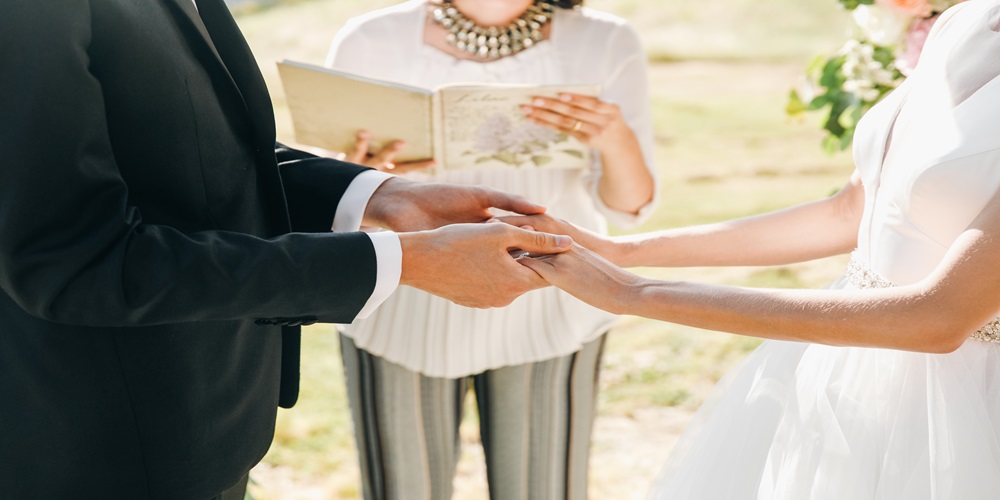What to Do When Police Stop Your Vehicle
When police stop you, it doesn’t always mean that they are arresting or detaining you. Whether you are being detained depends on the immediate and surrounding circumstances of the stop. The police can stop you while you are driving in a motor vehicle. This can either be to check for driver or vehicle fitness, or if the police have reasonable grounds to believe that you have been involved in a criminal offence. If you are driving through a Reduce Impaired Driving Everywhere (RIDE) check, expect them to question and potentially stop your vehicle for a roadside breath alcohol screening.

Pull Over Promptly
When you see the flashing light or hear the siren, wait until there is a safe place on the roadway and then pull over onto the shoulder. If it’s dark out, turn on your interior light.
Stay Calm
Place your hands where the officer can see them. Never keep your hands in your pockets. Remain seated and remind your passengers to stay calm and quiet.
When the officer asks for your driving documents (ie. licence or insurance), tell the officer where they are before you reach for them.
Are you angry the police stop vehicle? Avoid talking or acting aggressively. If the officer gives you a ticket, accept it calmly. You can argue your case in court later.
Never make physical contact with the police officer. You can always file a complaint later if you disagree with how they treat you.
Cooperate
Unless the officer asks otherwise, remain seated in your vehicle. You don’t need to answer any questions and can invoke your right to remain silent, but you still need to follow all directions. Keep these important points in mind:
- You need to comply with showing your legal driving documents if there is an investigation into driver or vehicle fitness
- The officer can charge you if you refuse a breathalyser or field sobriety test.
- Most interactions with police on the roadway are being audio and video recorded through a system mounted on the police car. Anything you say to the police will likely be recorded and can be used as evidence against you in your case.
Ask if You’re Being Arrested or Detained
Once you’ve complied with all instructions, ask the officer if you are being detained or arrested. If not, you are free to go. When the officer gives you a ticket, you will have a chance to contest that ticket in court. The roadside is not the appropriate place to fight a ticket.
What to Do if You’re Arrested
What’s the difference between an arrest and a detention? The police detain you when they need to investigate and hold you as part of that investigation. They can only hold you for a limited time before charging you with a crime or releasing you. Detention does not mean you are being charged, and police can only detain you under certain circumstances.
When the police arrest you, they formally charge you with a crime and take you into custody.
Requirements of an Arrest
When an officer arrests you, they must follow strict procedures. The police will likely:
- Identify themselves as law enforcement officers
- Formally say you are under arrest
- Tell you what charge you are being arrested for
- Read you your rights
- Ask if you understand your rights
- Search you, and for their safety, place you in handcuffs
- Take you to the police station for processing or release you from the scene
- Give you paperwork for your first court appearance
- Keep you in custody; if the crime is less severe, they may allow you to leave on a promise to appear.
Challenging Police Conduct
If you believe you were stopped, detained, or arrested unlawfully, you have some options in pursuing legal action. If any of the following occurs, reach out to top defence lawyer for legal advice:
- The police conducted an unlawful search without a warrant.
- You believe the police engaged in racial profiling before detaining you.
- The officer used a traffic stop as an excuse to gather evidence against you.
- You were detained without sufficient cause.
- You were detained for an unreasonable amount of time without being charged.
Know Your Rights when Answering Questions
It’s important to know your rights when stopped by the police since understanding them can help you avoid potentially severe consequences. One of the most important is the right to remain silent.
No matter the severity of your interaction with law enforcement, you do not have to answer police questions. If you’ve been detained or arrested, seek legal advice with a lawyer.






